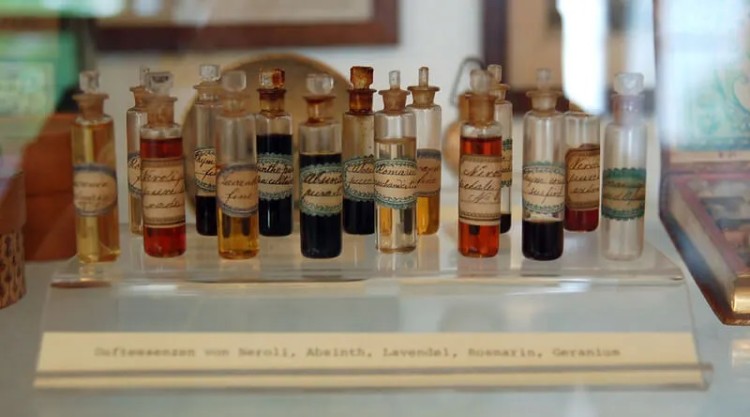
Essential oils have a rich history that spans thousands of years, with their cultural significance deeply ingrained in various civilizations around the world. Venkatramna Industries recognizes the historical and cultural importance of essential oils and is committed to preserving their legacy through their high-quality products. In this blog post, we will embark on a journey through time, exploring the fascinating history and cultural significance of essential oils from ancient times to the modern day.
Ancient Origins: The use of essential oils can be traced back to ancient civilizations such as Egypt, China, Greece, and India. In ancient Egypt, essential oils played a prominent role in religious rituals, embalming practices, and skincare. The Egyptians were skilled in the art of extraction and utilized essential oils from plants like frankincense, myrrh, and cedarwood. In China, essential oils were used in traditional medicine and were valued for their therapeutic properties. The Greeks and Romans also recognized the healing powers of essential oils and used them for various purposes, including perfumes, medicinal treatments, and spiritual practices.
Traditional Healing Systems: Essential oils held significant importance in traditional healing systems such as Ayurveda, Traditional Chinese Medicine (TCM), and Traditional Arabic Medicine. In Ayurveda, essential oils were used to balance the doshas (energetic forces) and promote physical and emotional well-being. TCM incorporated essential oils into acupuncture, massage, and herbal formulations to restore harmony and treat ailments. Traditional Arabic Medicine valued the aromatic and medicinal properties of essential oils and utilized them in perfumes, therapeutic remedies, and beauty treatments.
Renaissance and Modern Era: During the Renaissance period, the knowledge of essential oils was revived in Europe. Renowned physicians and alchemists like Paracelsus and Avicenna explored the medicinal properties of essential oils and contributed to their understanding. With advancements in technology, the distillation process for essential oils became more refined, leading to increased availability and usage. In the modern era, essential oils have gained popularity for their therapeutic benefits, natural skincare, and aromatic applications. They are widely used in aromatherapy, massage therapy, personal care products, and holistic wellness practices.
Cultural Significance: Essential oils hold cultural significance in various traditions and rituals. They are used in religious ceremonies, meditation practices, and spiritual rituals around the world. In many cultures, essential oils are believed to have energetic and purifying properties, serving as a bridge between the physical and spiritual realms. Their aromas evoke emotions, memories, and sensory experiences, making them an integral part of cultural celebrations, festivals, and daily life.
Modern-Day Applications: In the modern era, essential oils continue to play a vital role in promoting well-being and enhancing lifestyles. They are utilized for their therapeutic properties, natural fragrance, and holistic benefits. Essential oils are incorporated into skincare products, natural remedies, perfumes, cleaning solutions, and even culinary preparations. They have become a staple in aromatherapy practices, where their aromas are used to influence mood, reduce stress, and support emotional and mental well-being.
The history and cultural significance of essential oils are deeply rooted in ancient civilizations and continue to shape our understanding and usage of these precious extracts today. Venkatramna Industries acknowledges the rich heritage of essential oils and strives to honor their historical and cultural importance through their commitment to quality and authenticity. By embracing the timeless wisdom of essential oils, we can connect with our ancestors' knowledge and experience their profound benefits in our modern lives.

|

|
Currently, there are no comment.
Login to comment